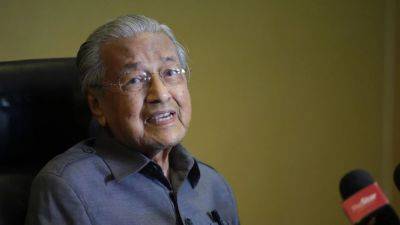Malaysia delays implementation of luxury goods tax to study its effect on economy, cost of living
While the government said the delay is warranted by the need for more engagement, industry players said the HVGT would not become a significant contributor to the country’s tax base and have subsequently called for a better tax system in the form of the goods and services tax (GST).
Deputy Finance Minister Lim Hui Ying confirmed that the HVGT has been deferred.
“The government needs to continue engaging with the industry to ensure the tax principles and legislation can be formulated and drafted carefully.
“The government will announce the new implementation date of the HVGT later,” she said on Thursday.
The ministry, she said, is in the final stage of refining certain matters related to the tax structure, especially the type of goods categorised as “high-value”, threshold determination, and tax rates.
“HVGT will only be imposed on certain goods categorised as high value. The determination of a high value is based on the set threshold.
“Fundamentally, low-income groups will not be affected by its implementation because they are unlikely to purchase high-value goods,” she added.
To ensure that the HVGT would not affect economic activities especially in the tourism sector, Lim said the tourist refund scheme will be implemented.
“Foreign tourists who purchase high-value goods in Malaysia can claim a tax refund at international airports before departure, subject to the prescribed procedures and conditions,” she added.
“Furthermore, the HVGT will not be imposed in designated areas including Labuan, Langkawi, Pangkor and Tioman, as well as special areas such as free zones and licensed warehouses.”
Lim said the ministry would be inclusive in formulating the HVGT policy by getting industry views and stakeholders’ feedback through more







